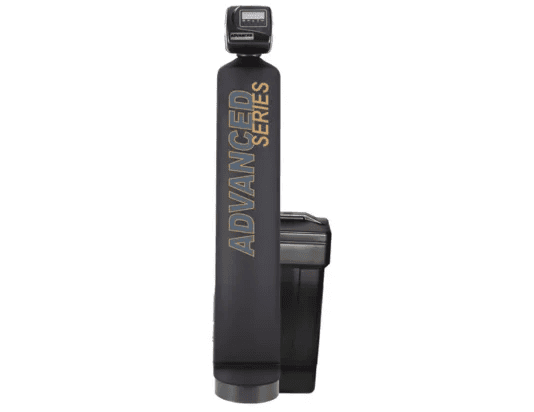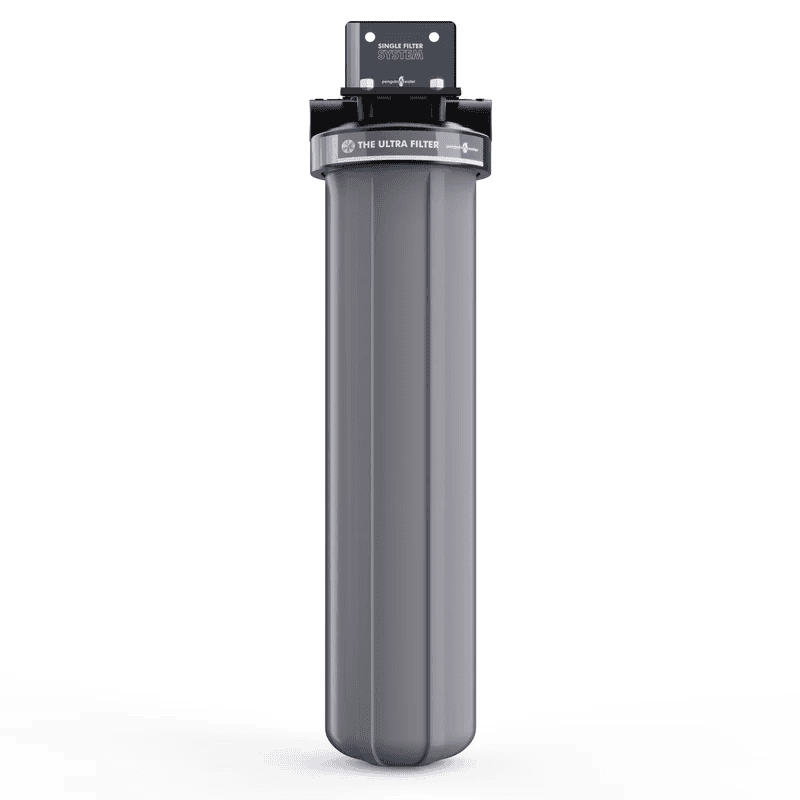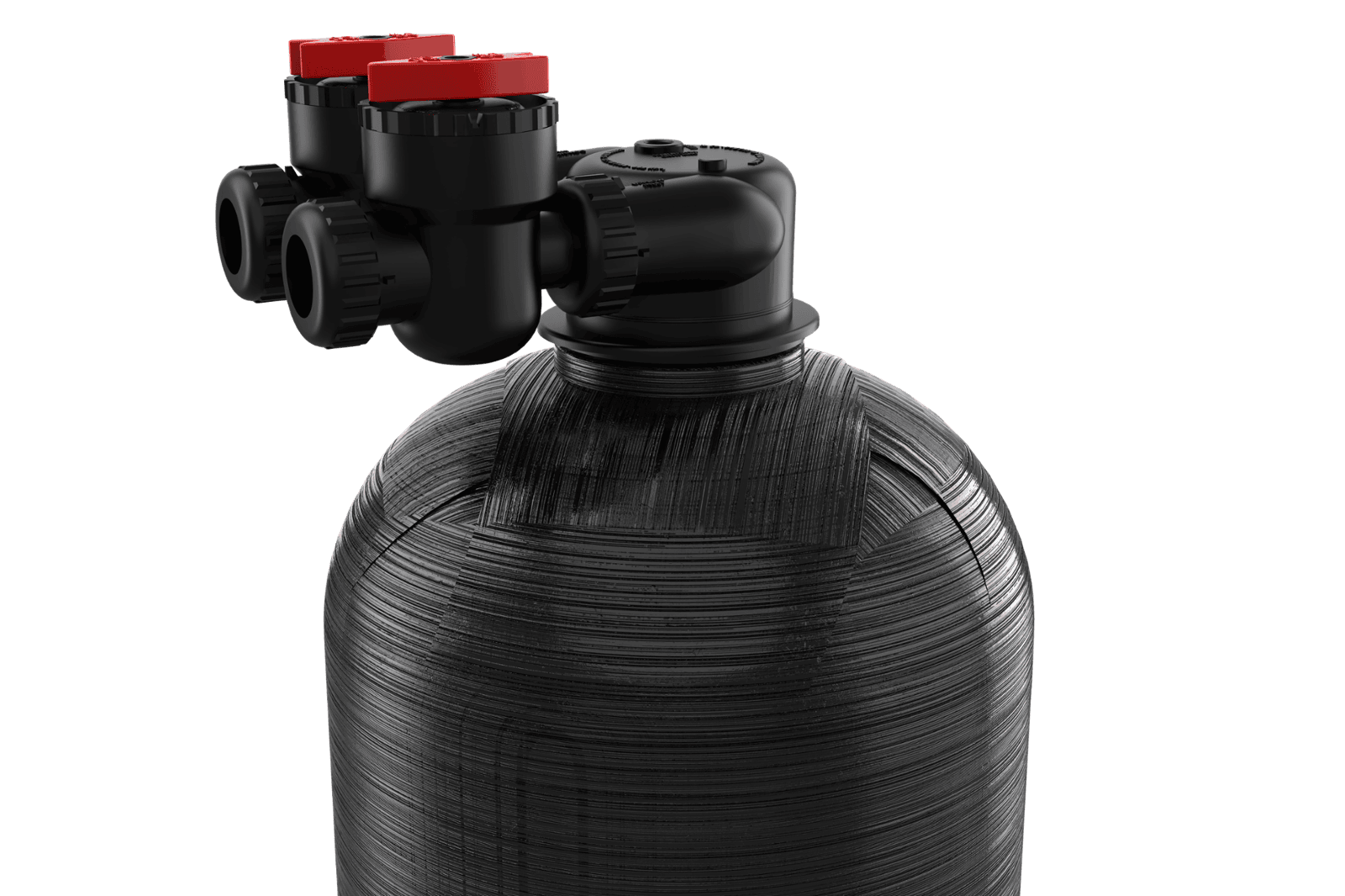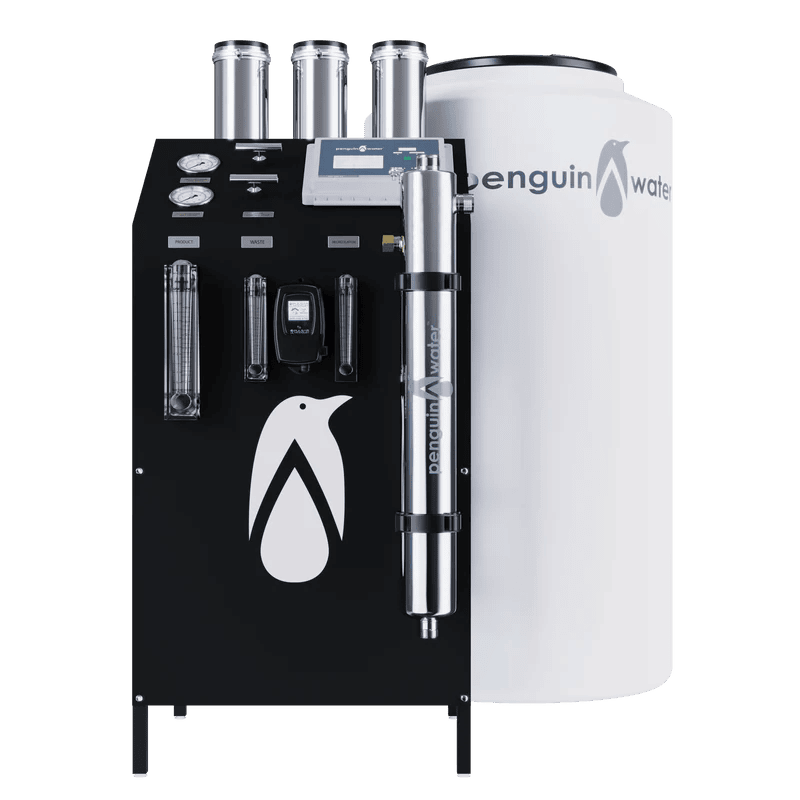Hardness
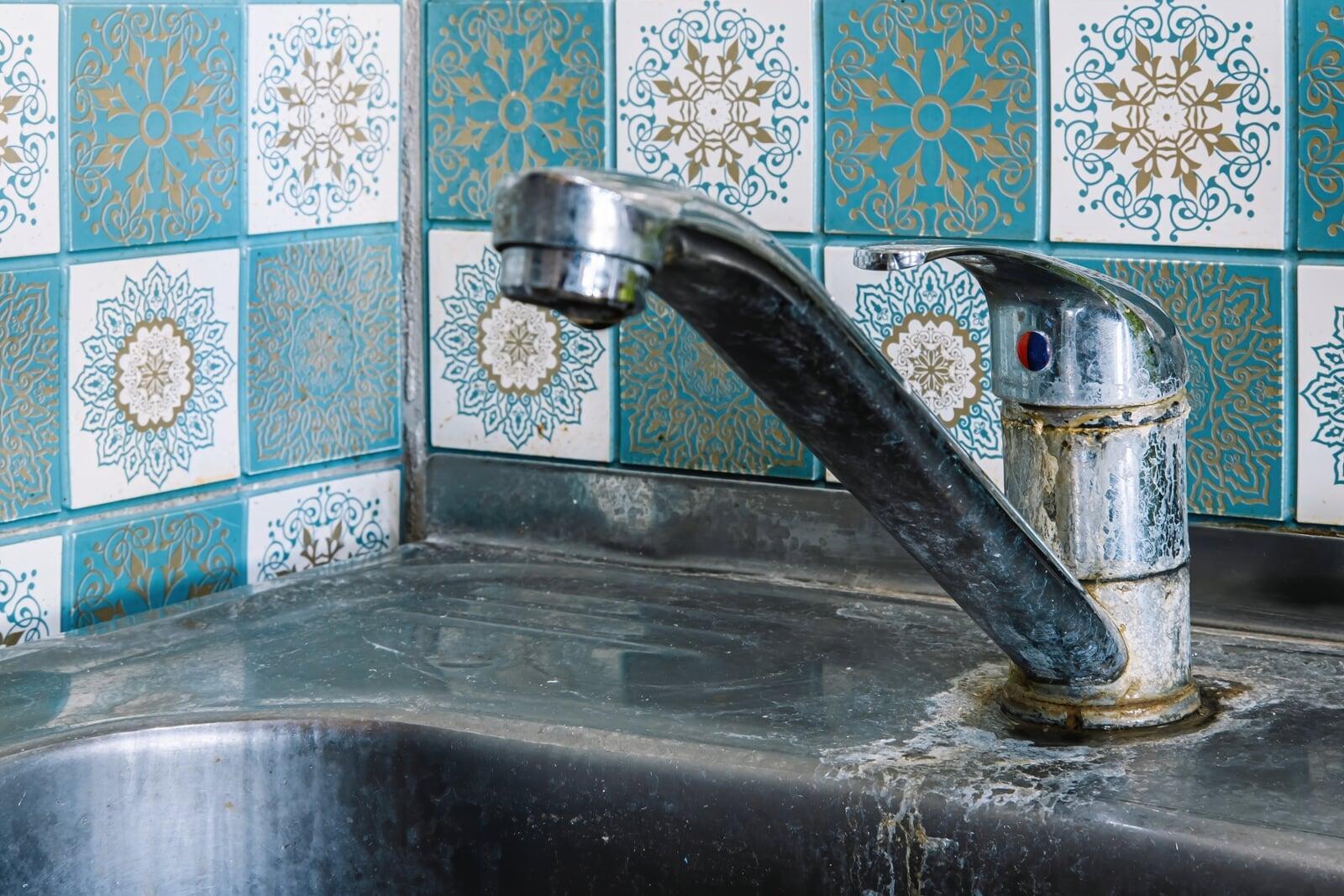
What is hardness?
What exactly is hard water? Essentially it is water with a high concentration of minerals, especially calcium and magnesium. Although these minerals are not harmful for consumption, they can be a real annoyance in the home, as the calcium and magnesium tends to deposit on fixtures, shower doors, and tub walls, making cleaning day an even bigger hassle. Hardness is usually measured either in parts per million (typically abbreviated ppm) or more commonly in grains per gallon (gpg).
What does hardness do?
Hardness can cause laundry to become dull and dingy and itchy, causing you to turn to higher and higher amounts of fabric softener. The hard water can erode the fibers of your clothing, giving them a shorter life span. Hardnes can also cause spotting and film in your dishwasher, since heat releases hardness from the water even faster. And it can affect how clean your skin and hair is when using hard water for your bathing needs.
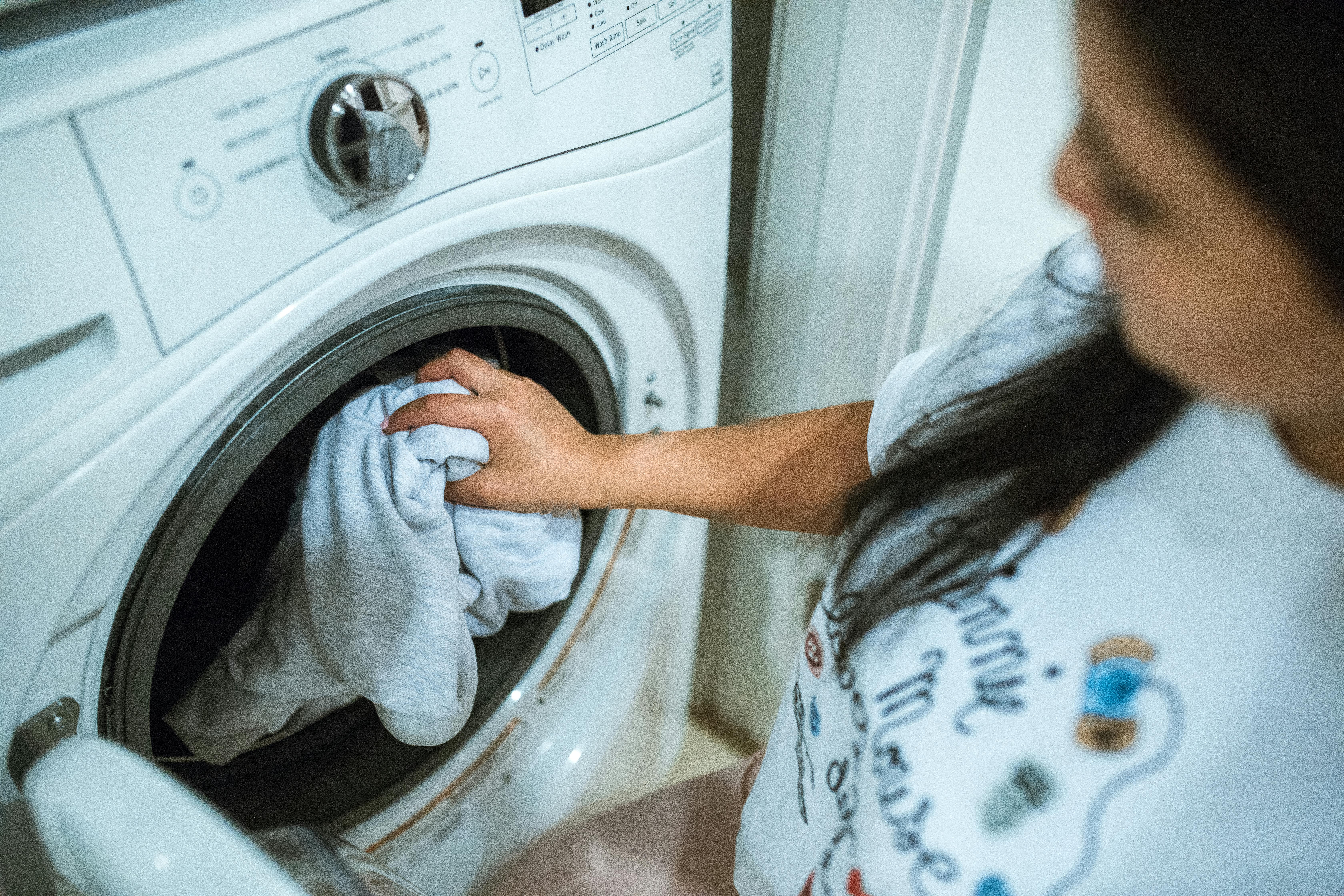

Is hardness dangerous?
Hardness is mainly calcium and magnesium, both benefical nutrients to human health. Sometimes hard water contains iron, which is another needed nutrient, though it doesn't taste very good in water form. So this means that generally speaking, there is nothing wrong with drinking hard water. However, untreated hard water may have other contaminants, so if your water is hard, it's worth getting tested to see what else may be in it.
Water Hardness Scale
| EPA Classification | Grains per gallon |
| Soft | 0-1 |
| Slightly hard | 1-3.5 |
| Moderately hard | 3.5-7.0 |
| Hard | 7.0-10.5 |
| Very Hard | 10.5+ |
| INDIANAPOLIS | 17-25 |

